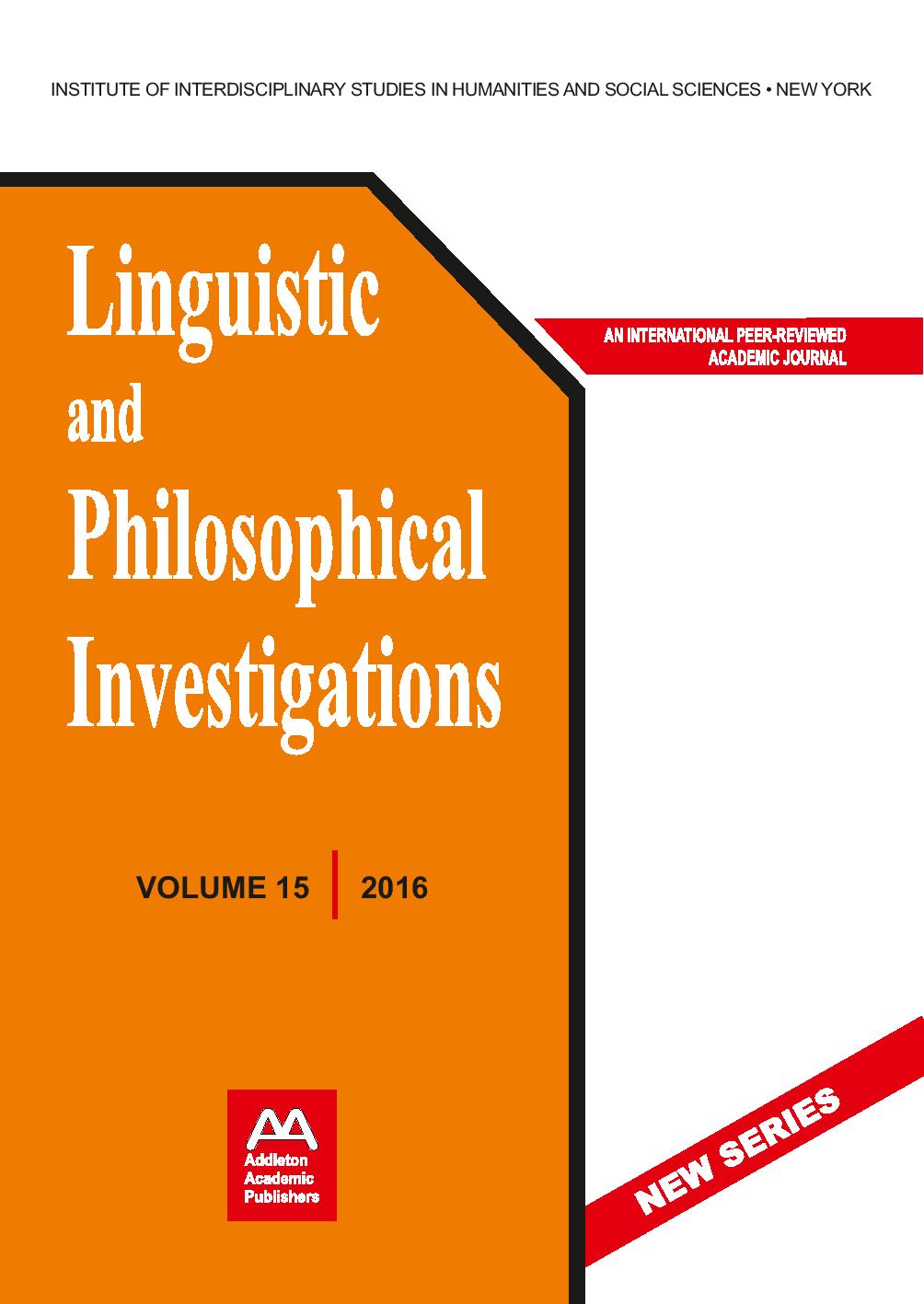WITTGENSTEIN ON ANIMAL
(HUMAN AND NON-HUMAN) LANGUAGES
WITTGENSTEIN ON ANIMAL
(HUMAN AND NON-HUMAN) LANGUAGES
Author(s): Felice CimattiSubject(s): Social Sciences
Published by: Addleton Academic Publishers
Keywords: Wittgenstein; naturalism; animal language; human language; human nature
Summary/Abstract: In this paper, I propose an analysis of the quite original Wittgenstein naturalism. Wittgenstein included human language into the wider category of animal language. Wittgenstein’s naturalism clearly shows itself in his ethological description of human language – a description based on the frequent and illuminating comparison between non-human animal and human animal behaviors. According to Wittgenstein, each language is relative to a species-specific “form of life.” Therefore, the differences between animal (human and non-human) languages are differences in the kind of actions that each “form of life” can realize through its own language. Consequently, between human and animal language there is not a difference in kind; rather, the difference between them is a difference between the relative “forms of life.” Inside such a naturalistic frame, Wittgenstein never forgets that human language is part of animal languages. pp. 42–59
Journal: Linguistic and Philosophical Investigations
- Issue Year: 2016
- Issue No: 15
- Page Range: 42-59
- Page Count: 18
- Language: English
- Content File-PDF

